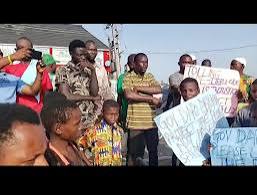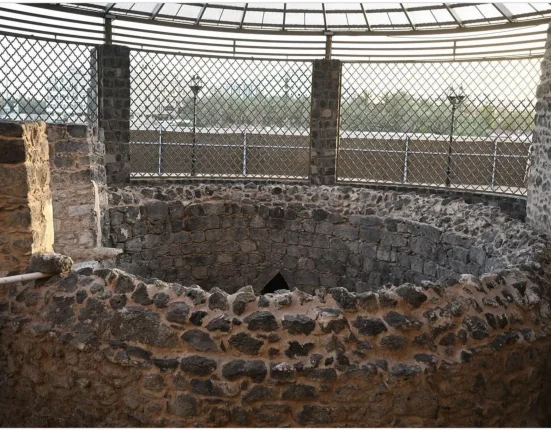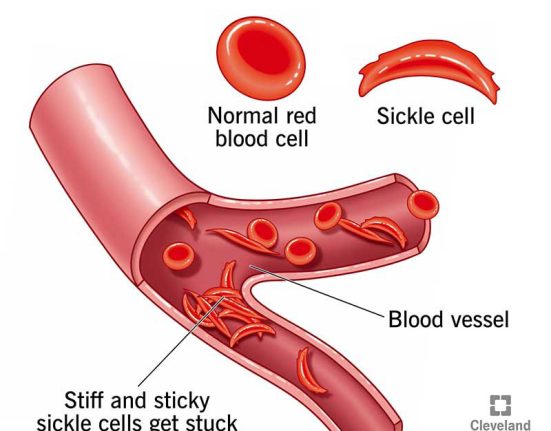Commuters and motorists along the Epe-Ijebu-Ode Expressway were stranded on Friday, May 30, 2025, as a spontaneous protest broke out over what residents and road users described as a sudden and steep increase in tollgate charges.
The protest, which began early in the morning, saw scores of commercial drivers, transport union members, and local residents blocking the expressway, causing a significant gridlock that lasted for hours. The toll plaza became the epicenter of the demonstration as protesters burned tyres and chanted slogans demanding an immediate reversal of the new charges.
Eyewitnesses said that the toll fees were increased without sufficient notice or consultation, sparking outrage among those who rely on the expressway daily for commercial activities and travel.
“We woke up this morning to find out that the toll has gone up drastically. For a small vehicle, it used to be ₦200, but now they are asking us to pay ₦500. This is outrageous, especially in this economy,” said Tunde Adebayo, a commercial driver plying the Epe-Ijebu-Ode route.
The protest disrupted vehicular movement for several kilometers, leaving many travelers stranded and prompting security operatives to arrive at the scene to prevent escalation.
While the identity of the tollgate’s managing authority remains a subject of public speculation, calls have intensified for the Lagos and Ogun State Governments to intervene. Many protesters also urged federal authorities to look into the legality of the toll hike and its impact on commuters.
A senior police officer at the scene, who spoke under anonymity, confirmed that dialogue is ongoing between security agents, local authorities, and the tollgate operators to resolve the crisis.
“Our job is to maintain order and prevent destruction of public property. We are engaging with all parties involved to find a peaceful resolution,” he said.
As of press time, vehicular movement had resumed partially, though tensions remained high. Authorities have yet to issue an official statement regarding the new toll rates or the outcome of the negotiations.
The incident underscores growing public frustration over rising costs of transportation, particularly in the face of economic hardship and ongoing fuel subsidy removal effects that have left many Nigerians grappling with inflation and increased living costs.







